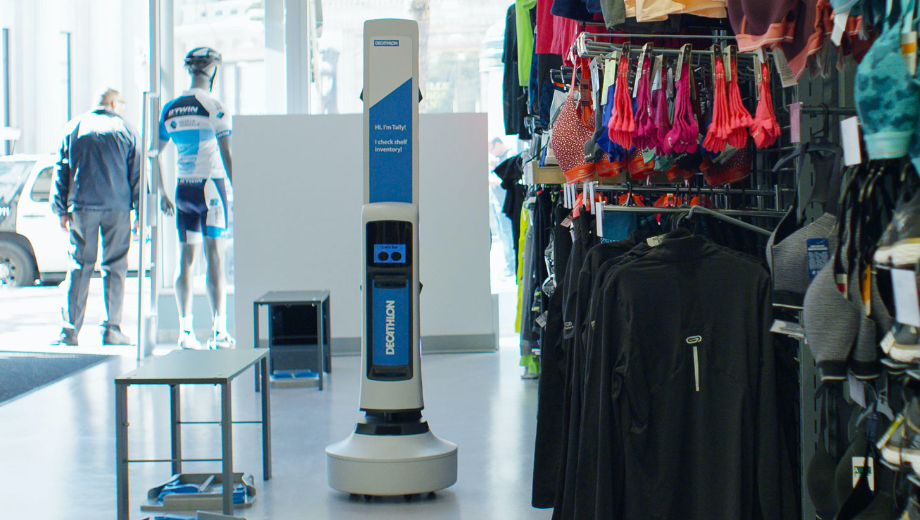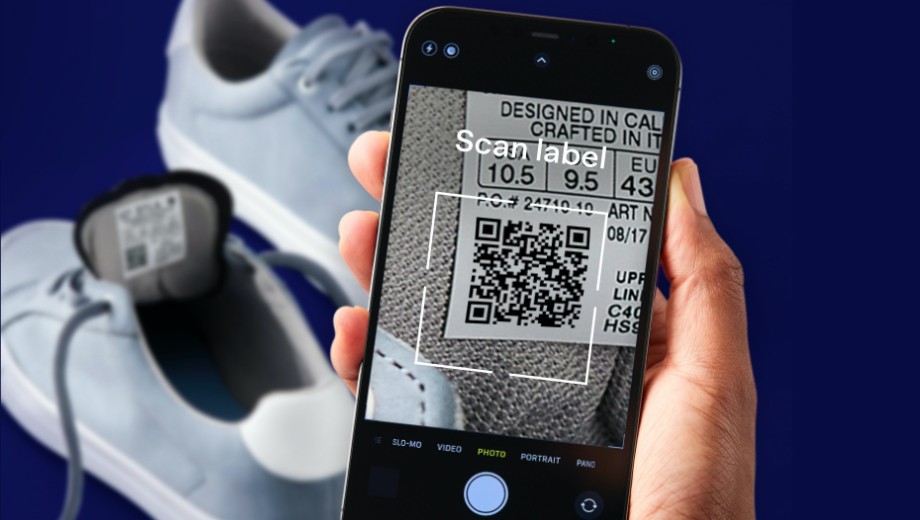Convenience has been a key element in the ‘rise of RFID’ story.
The ability to simply grab your favorite team gear and go when visiting an RFID-enabled Just Walk Out store is revolutionary - both in terms of a retailer and fan experience. This game-changing deployment has been rolled out at the homes of the NHL's Seattle Kraken, the NFL’s Seattle Seahawks and MLB’s Texas Rangers, among others. How does it work? Our RFID-enabled tags are read upon exiting the team store with payment deducted via credit/debit card or an Amazon One device. It’s a textbook win-win. No lines means retailers see less abandoned transactions, while customers can spend more time watching the action. A goal, touchdown and home run all rolled into one!
What surprises many is the ease of implementation. Retailers only require RFID-enabled Just Walk Out gates and RFID product tags to effectively create a pop-up store, meaning minimal disruption to existing environments and use of space.
The benefits are widespread. Increased sales, theft prevention and reduced shrink all support the bottom line. At the same time, freeing up staff to focus on customer service and optimizing merchandise on the shop floor aids both retention and reputation initiatives.
Considering the future of retail is a subject close to my heart - not least because it is constantly evolving and always exciting. RFID is sure to become a staple fixture in the retail environments of tomorrow - our work with Amazon proves that.
Speaking of certainties, consumer attitudes towards frictionless shopping are changing. A survey commissioned by Avery Dennison of 4,000 US and UK respondents shows an inflection point in consumers’ shopping behavior. Over a third (37%) say they would switch to a retailer that offers full check-out free stores, while more than four-in-ten (45%) would switch to a self-checkout service where products are automatically detected via in-item tagging, meaning they don't need to scan a barcode. The survey also shows how Generation Z is leading the way when it comes to a preference for frictionless shopping, with over half (52%) likely to switch retailers for check-out free stores. A similar amount (49%) say they would likely spend more money with a retailer that has a connected or automated checkout experience.
Through our partnership with Amazon and the research we commissioned, it is clear consumers are prepared to vote with their feet in search of a frictionless shopping experience. Key to this is connectivity, from both a technology and understanding of people perspective.
Watch the Big Ideas Session.
Interested to learn more? Get in touch with us today.




